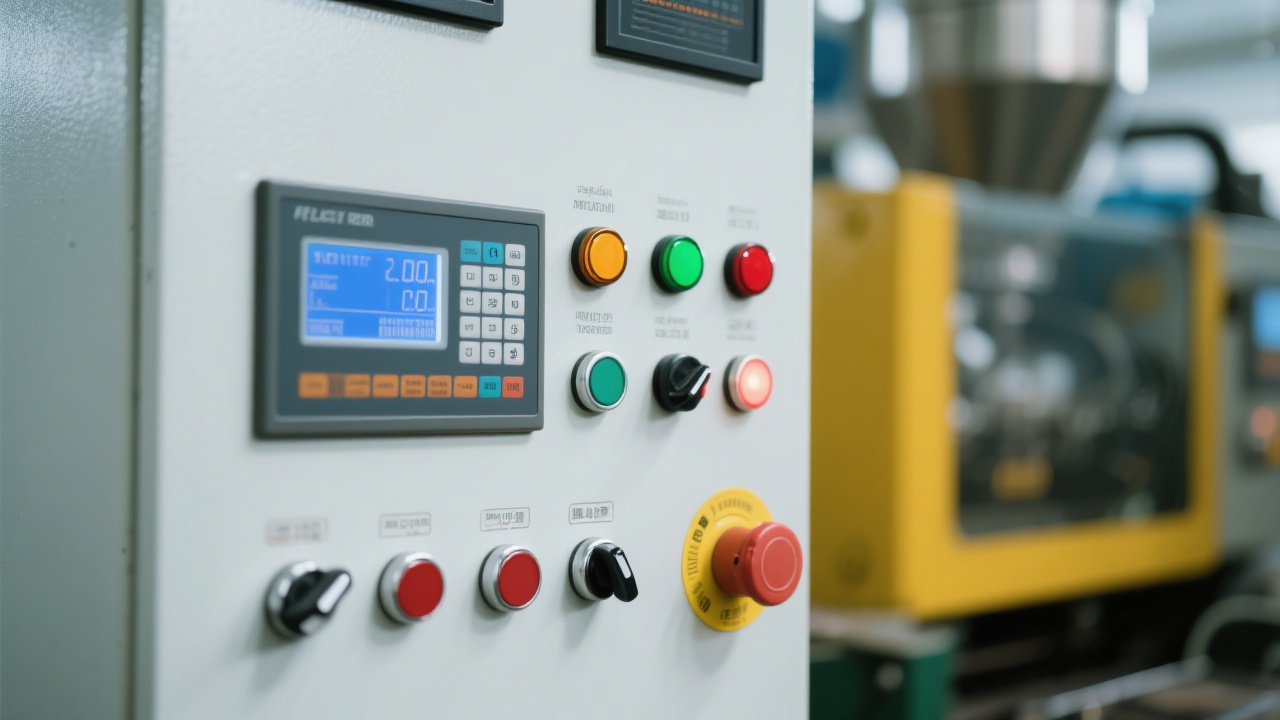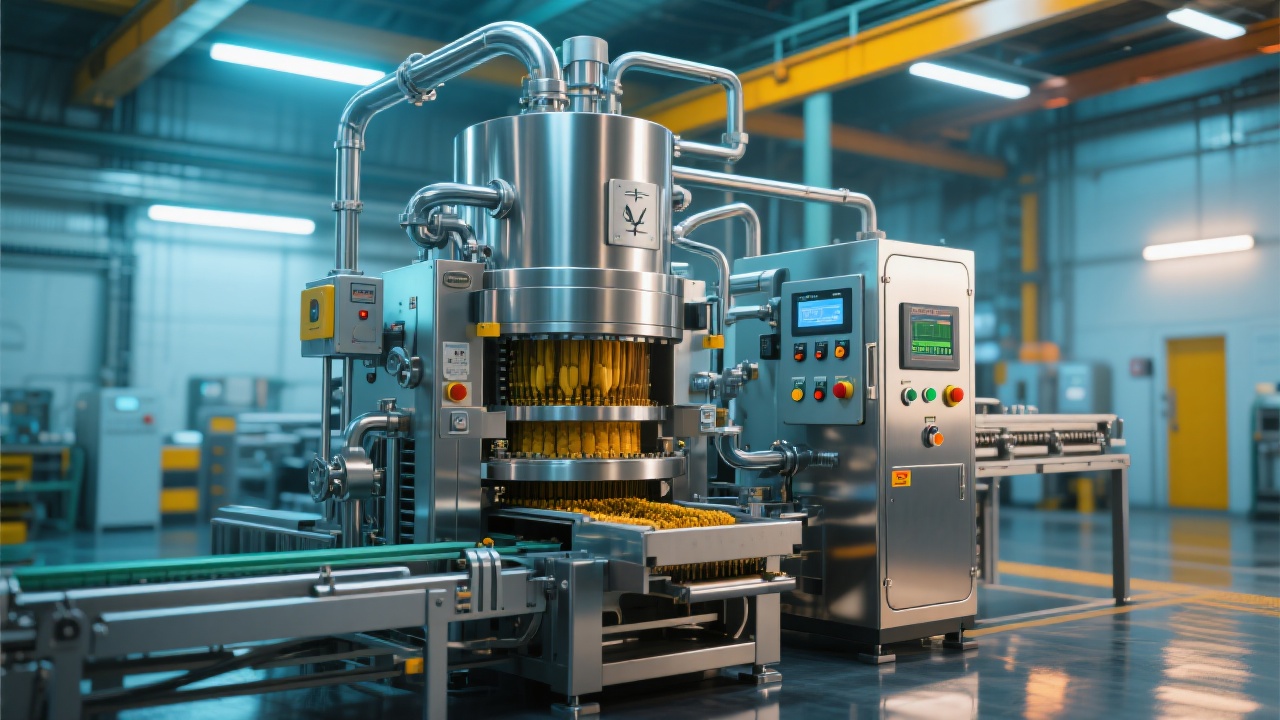
In the competitive realm of palm oil processing, one key insight often overlooked by technical decision-makers is the critical importance of adhering to national pressure vessel standards and securing ISO9001 certification for export-grade equipment. Indeed, these certifications are not mere formalities but foundational pillars that influence operational safety, sustainability, and return on investment (ROI). This article dissects how high-performance palm oil processing units achieve efficient energy consumption—with steam usage below 300 kg per ton of oil and electricity under 22 kWh per ton of oil—and how compliance frameworks support their stability and reliability.
The secret sauce behind robust palm oil equipment lies in the application of state-of-the-art materials for critical components such as high-efficiency motors, pressure vessels, and pumps. For instance, adopting corrosion-resistant stainless steel alloys and high-strength composite materials significantly prolongs service life while reducing maintenance downtime.
Take pressure vessels designed in compliance with stringent national standards for Class I and Class II categories: they undergo rigorous material testing and structural validation to withstand fluctuating pressures and thermal stresses common in continuous industrial operation. Moreover, premium motor windings and pump seals prevent energy losses and leaks, ensuring constant operational stability.
The economic rationale behind optimized palm oil equipment is evident in its low steam consumption below 300 kg/t and electricity usage under 22 kWh/t benchmarks. These figures are not arbitrary—they result from innovative thermal energy recovery systems, precision-engineered heat exchangers, and variable frequency drives (VFDs) that dynamically adjust motor speeds according to load.
In practice, these advances translate into significant operational savings and reduced carbon footprint, providing companies with compelling incentives toward sustainable processing. Our recent analysis demonstrated that every kilowatt-hour conserved reclaims value, underscoring the mantra: “Make every unit of energy work for you.”

Automation is no longer a luxury but a necessity. Programmable Logic Controllers (PLCs) integrated into palm oil machinery guarantee uninterrupted 24-hour operation with minimal human intervention. By continuously monitoring temperature, pressure, and motor load parameters, these smart systems detect anomalies preemptively, thus preventing costly breakdowns.
Beyond fault detection, PLCs facilitate adaptive recipe control for variable input raw materials, maximizing output quality. This reliable control platform stands as a pivotal factor in enabling operators to optimize throughput without compromising safety or product consistency.
National standards governing pressure vessels impose rigorous design, fabrication, and testing protocols that eliminate hidden safety risks. Export equipment certified under these standards assures end-users a reduced operational hazard profile and compliance with local regulatory frameworks.
What’s noteworthy is that adherence to both Class I and Class II pressure vessel classifications broadens market acceptance, especially in countries like Nigeria where such compliance aligns with government-import controls. From a procurement standpoint, this means reduced liability and better insurance terms — all crucial for prudent capital allocation.

The ISO9001:2000 quality management system provides an internationally recognized framework that governs design, manufacturing, and post-sales service. This certification signals to clients a robust commitment to continuous improvement, traceability, and defect reduction.
Our collaboration with Penguin Group exemplifies how full compliance with ISO9001 enables seamless process transparency - from sourcing premium raw materials to final commissioning—thus fortifying customer trust and fostering long-term partnerships.
Another dimension often underestimated is the capability of palm oil equipment to adapt to specific challenges in emerging economies such as Nigeria. Here, factors like voltage fluctuations, humidity, and supply chain constraints demand locally responsive service and spare parts availability.
Integrating national compliance and ISO standards with regional customization has proven essential for unlocking productivity gains and minimizing downtime, thus making the export solution truly effective and resilient.

Not just equipment, but your trusted production partner — discover how our certified palm oil machinery can transform your operations today.
Explore Certified Palm Oil Solutions Now
Unsure why steam and electrical consumption dominate procurement decisions? Because lower energy demands directly reduce operating expenses and environmental impact. This elevates your profit margins while aligning with tightening global sustainability regulations—essential for futureproof business growth.
Curious about how customized energy-saving measures can fit your plant’s unique profile? Share your current challenges, and we’ll provide tailored case studies from peer enterprises.

